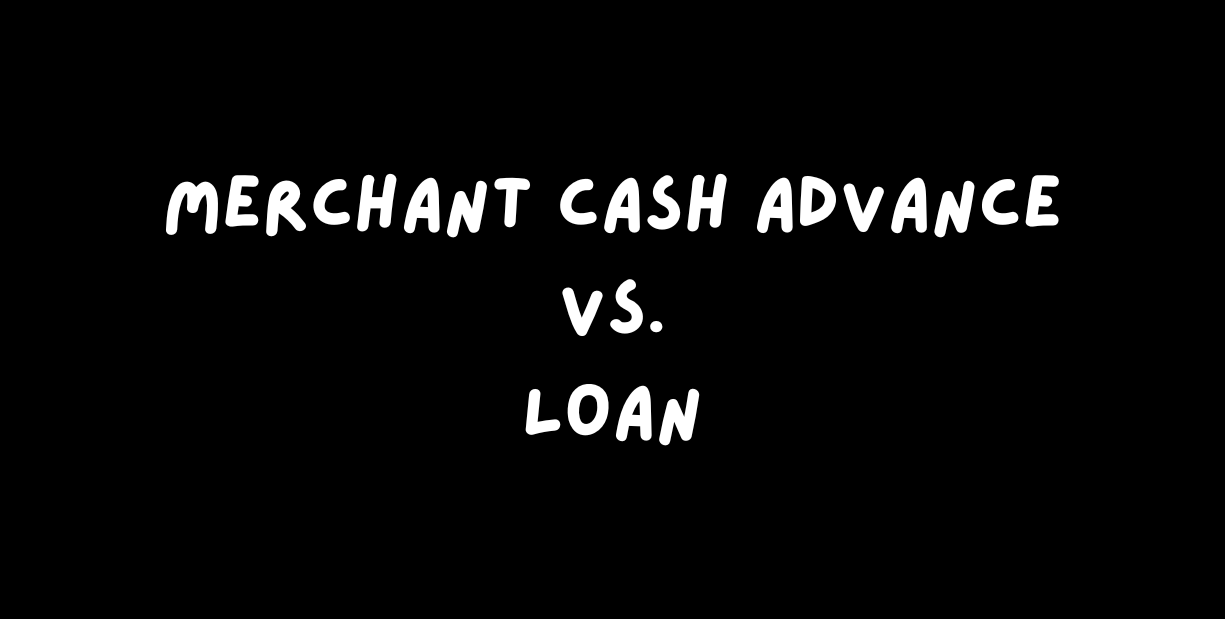Merchant Cash Advance for Gig Workers: A Smart Financing Solution?
Merchant Cash Advance for Gig Workers

But are MCAs the right financial tool for gig workers? In this guide, we’ll break down how MCAs work, the eligibility criteria, pros and cons, and alternatives for gig workers looking for quick capital.
Understanding Merchant Cash Advances (MCAs)
What is a Merchant Cash Advance?
A merchant cash advance is not a traditional loan but rather an advance on future earnings. MCA providers offer upfront cash in exchange for a percentage of daily sales or income, typically repaid through automatic deductions from business transactions or bank deposits.How Do MCAs Work?
Receive Upfront Capital: You get a lump sum based on expected future earnings.Repayment Based on Sales: Payments fluctuate with your income, meaning you pay more when you earn more and less during slower periods.
Factor Rate Instead of Interest: Instead of a fixed interest rate, MCAs use a factor rate (e.g., 1.2 to 1.5), meaning you repay 20–50% more than the original amount borrowed.
Can Gig Workers Qualify for a Merchant Cash Advance?
Unlike traditional loans, MCAs focus on revenue rather than credit scores, making them accessible to gig workers. However, some criteria must be met.
How Lenders Evaluate Gig Workers’ Income
Since gig workers don’t have steady paychecks, MCA providers assess:- Bank deposit history (consistent earnings over time).
- Daily, weekly, or monthly revenue trends from gig platforms.
- Transaction volume (how often you get paid and the amounts).
Common Requirements for Gig Workers
- Minimum 3–6 months of business income
- Average monthly revenue of $5,000+
- A business bank account (some providers require this)
- Proof of steady transactions from gig platforms (Uber, DoorDash, Fiverr, etc.)
Documents Needed to Apply
- Bank statements (last 3–6 months)
- Gig platform earnings statements
- Business tax returns (if applicable)
- Government-issued ID
Pros and Cons of MCAs for Gig Workers
Advantages of MCAs
Fast Approval and Funding- Applications take hours or days, not weeks.
- Funds are typically deposited within 24–48 hours.
- No Fixed Monthly Payments
- Payments adjust based on income, so there’s no stress about fixed monthly due dates.
Downsides of MCAs
Higher Cost Compared to Traditional Loans- Factor rates mean you could pay 20–50% more than what you borrowed.
- Annual percentage rates (APRs) can exceed 100%, making it expensive.
Impact on Future Earnings
Since repayments come directly from your earnings, cash flow may be tighter during slow months.How to Apply for a Merchant Cash Advance as a Gig Worker
Step 1: Assess Your Financial Needs
Ask yourself:- Do I really need funding now?
- Can I afford daily/weekly deductions?
Step 2: Research MCA Providers
Not all MCA companies are reputable. Look for:- Transparent fees (no hidden costs).
- Fair repayment structures (avoid extreme factor rates).
Step 3: Prepare Your Application
Gather bank statements, gig earnings reports, and other income proof.Step 4: Review Terms Carefully
- Understand the factor rate and total repayment amount.
- Check if there are prepayment penalties.
Step 5: Receive and Use Your Funds Responsibly
Avoid spending on non-essential expenses. Use MCAs for growth-related investments, like buying better equipment or advertising services.Alternatives to Merchant Cash Advances for Gig Workers
1. Personal Loans and Business Lines of Credit
- Lower interest rates than MCAs
- Requires a good credit score
2. Crowdfunding and Peer-to-Peer Lending
- Platforms like GoFundMe or Kiva allow gig workers to raise funds
- Community-based funding with flexible repayment
3. Invoice Factoring and Pay Advances
- Get advances on unpaid invoices
- Some gig platforms offer early payouts with small fees
Tips for Gig Workers Seeking Business Financing
- Improve Your Credit Score – A higher score unlocks better loan options.
- Keep Detailed Income Records – Show lenders consistent earnings.
- Compare Multiple Offers Before Committing – Read the fine print to avoid predatory lenders.
Conclusion
Merchant cash advances can provide fast funding for gig workers, but they come at a high cost. Before committing, consider alternatives like personal loans, crowdfunding, or invoice factoring. If you decide to proceed with an MCA, make sure you understand the repayment structure and choose a reputable provider.
Need help understanding your financial options? J. Singer Law Group is here to guide you through financing solutions tailored to gig workers. Contact us today for expert legal advice!











